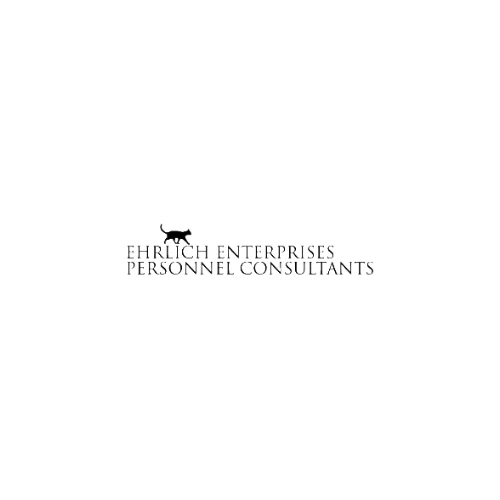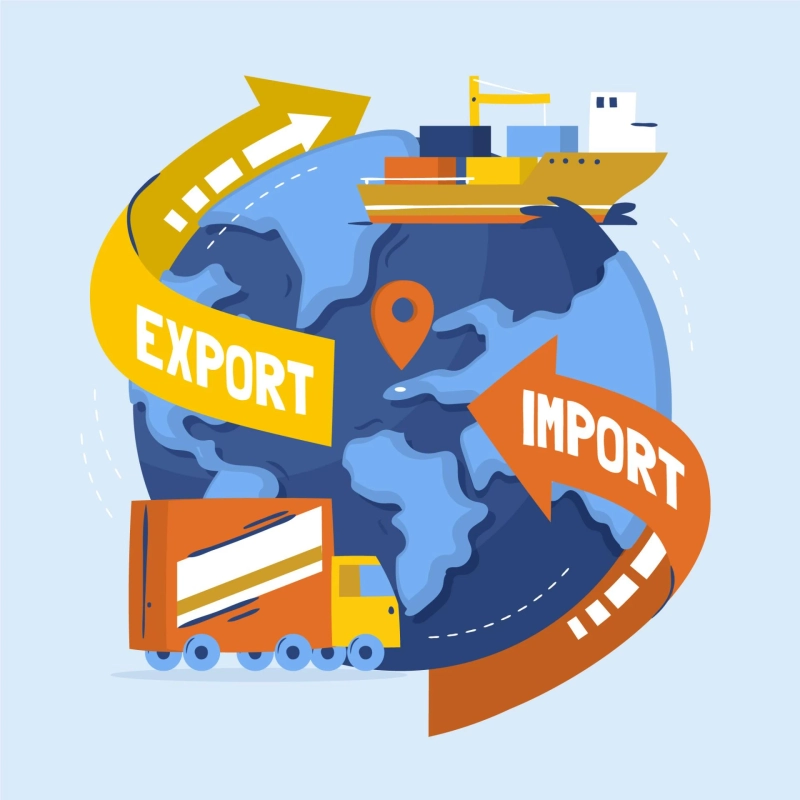The import and export trade remains caught in the sticky trap of regulatory schemes that companies engaged in such business activities have to struggle with to get in line. They are not just the regulations that should be respected because it is the law, but they are also the rules that are strategically needed to avoid the risks of fines, possible delays, and reputational losses.
Ehrlich Personnel will provide an overview of the major compliances involved in Import Export Trade Compliance and give feasible ideas of how businesses can contend with such complications appropriately.
What are Import-Export Trade Compliances?
Import-export trade compliance is a process of observing the laws and regulations that regulate the crossing of goods across borders. These laws are meant to secure national security, enhance fair trade, and ensure the safety and quality of imported and exported goods. There are several areas of compliance, including-
Ø Tariff Classification- This is defining products by assigning them the right Harmonized System (HS) codes to know the duties and taxes required to pay.
Ø Valuation- Declaring goods rightfully to reflect the cost in calculating the customs duties and taxes.
Ø Licensing- Procuring permissible export licenses for the controlled objects and technologies.
Ø Restricted Party Screening- Where part of the dealings do not involve blocked and restricted persons or companies.
Trade Compliance Challenges
There are several issues that businesses usually encounter when it comes to trade compliance-
Ø Put in place to aid in the smooth flow of international trade, the complex regulations frame a confusing network of laws and regulations that may prove difficult to utilize.
Ø Constant Turnover- An overhaul of regulatory authority and change of trade agreement would oblige the business to keep abreast and to adjust fast.
Ø Documentation Errors- Erroneous or incomplete documentation may cause delays in customs and result in penalties.
Ø Risk Management- Determining and eliminating risks that are involved in non-compliance. The risks involved in non-compliance have to be found and eliminated so as to protect the interests of the businesses.
The following are the best practices that businesses may employ to avoid the complexities involved in trade compliance-
Ø Develop a healthy compliance programme
Ø Keep Up-to-date with Rules
Ø Install Precise Record Systems
Ø Undertake Frequent Risk Assessment
Ø Use Technology to manage compliance
Ø Give Continuous Training and Education
Ø Socialize with Customs Brokers and Legislation Experts
Conclusion
Through the development of an effective compliance program, maintaining continued awareness of the laws, the use of effective documentation systems, frequent risk analysis services, the application of technology, continual training, and consultation with specialist’s businesses may reduce the risks and operate internationally comfortably. If you are looking for the best Ocean Export Manager, we are here to assist you.
Ehrlich Personnel provides you with specialized recruitment services in the trade compliance staffing, or the development of a custom compliance program, at your request.


